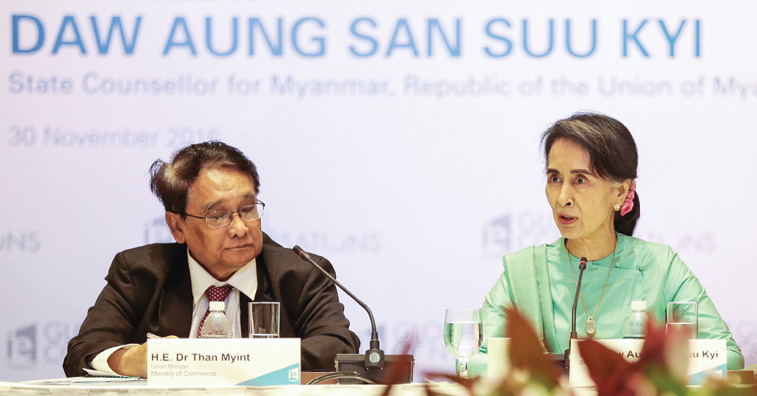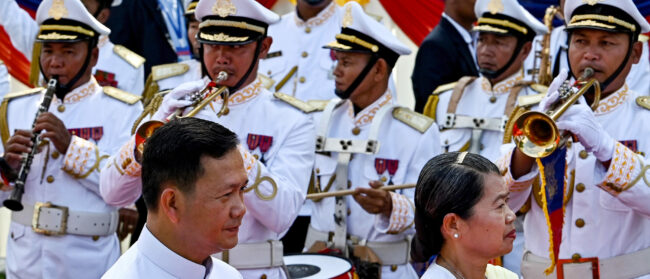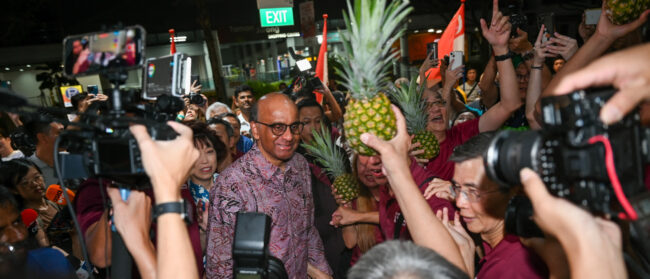ANALYSIS: Despite the lifting of economic sanctions on Myanmar, Aung San Suu Kyi’s government has yet to prove the country’s economy is in safe hands

An era ended on 7 October 2016, when US President Barack Obama signed an executive order rescinding most sanctions on Myanmar. The lifting of sanctions after two decades is an important milestone: as well as having practical benefits for the Myanmar economy, it represents a normalisation of US-Myanmar political relations.
Most sanctions had already been lifted, but while some remained in place, the risk – both reputational and financial – of an inadvertent breach meant it was not worthwhile for many companies to do business in or with Myanmar. The cost of ensuring compliance through due diligence was simply too high.
Importantly, Obama scrapped what was known as the Specially Designated Nationals (SDN) List – a list of more than 100 entities that were off limits to US persons. The list was a legal minefield, because any entity in which a sanctioned individual or firm holds at least 50% is automatically sanctioned, too. The result was that nobody, including the US Treasury, knew the true extent of the US sanctions programme. Abolishing the SDN List removes that uncertainty.
For prospective investors, though, sanctions are just one of many hurdles to consider. The World Bank’s annual ease of doing business survey – which examines ten processes, such as getting electricity, registering property and paying tax – last year ranked Myanmar 170th globally, up one spot on the previous year but still behind Sudan, Iraq and Zimbabwe.
Since taking office in March, Aung San Suu Kyi’s National League for Democracy (NLD) government has continued some of the reforms begun by its predecessor that were aimed at encouraging economic growth. In October, the NLD enacted a new investment law that levels the playing field between international and domestic firms, and should streamline investment applications.
The government is also working on a new companies law to replace the century-old Myanmar Companies Act. This will improve corporate governance for larger firms and reduce compliance burdens for smaller companies. It will also enable foreign investors to take a minority stake in Myanmar companies, giving local firms a new means of accessing equity to expand.
Some other positives: the country has recently acceded to the New York Convention and passed an arbitration law, and in September the Central Bank held its first treasury bond auction.
That’s the good news. But there’s still plenty to give potential investors pause.
The NLD has placed a higher priority on managing Myanmar’s politics than its economy. It is yet to outline a detailed economic policy, aside from a three-page document unveiled in July that was essentially a rehash of its election manifesto. It was slow to re-form the Myanmar Investment Commission, waiting more than two months.
Then there are the fundamentals of the economy. In recent months, it has become clear that the country is facing some strong economic headwinds. While economic growth remains high, it is slowing: the International Monetary Fund is forecasting an increase of 6.5% in the financial year ending 31 March 2017, down from about 8%. The local currency, the kyat, is depreciating due to the budget deficit and current account deficit, and inflation remains a problem. The NLD’s core constituency – the man or woman working on the street corner, or in the paddy field – is seeing little of the “real change” that was promised.
The government has scrambled to reverse course, with Suu Kyi dedicating more of her time to publicly promoting the economy and inviting investment (the main purpose of her trip to Singapore in early December). She’s also sought to woo local entrepreneurs.
“I agree that economic development during the last six months has been slow,” she said at an October summit in the capital, Naypyidaw, organised by the Youth Entrepreneurs Association. “We now invite investors and promise it is secure to work here in Burma.”
There is a lack of confidence in her ministers’ ability to deliver, though. Minister for Planning and Finance Kyaw Win and Minister for Commerce Than Myint got off to bad starts in March, when it became apparent within hours that their educational credentials were suspect – Kyaw Win claimed to hold a PhD from a fake institution, Brooklyn Park University, while Than Myint holds a master’s and PhD from California’s Pacific Western University, a notorious ‘degree mill’.
Insiders say that despite the many complaints about the ministers’ performance, the NLD has stuck by them because Suu Kyi trusts them. While in Singapore, she said that she considered her top achievement to be the fact that her ministers are not corrupt. That may be the case, but competence is also important.
Nevertheless, Myanmar’s potential is too great to ignore. Many businesses will overlook the challenges because of the likely payoff. A recent business confidence survey by investment advisory firm Roland Berger found that nearly three-quarters of businesses expect the business landscape to improve over the coming year, but 97% see transparent government economic policy as key to unleashing growth.
It’s advice that Suu Kyi and the NLD would do well to heed.
Thomas Kean is editor in chief of Frontier Myanmar, a weekly English-language current affairs magazine based in Yangon. He is the former editor in chief of the Myanmar Times.

